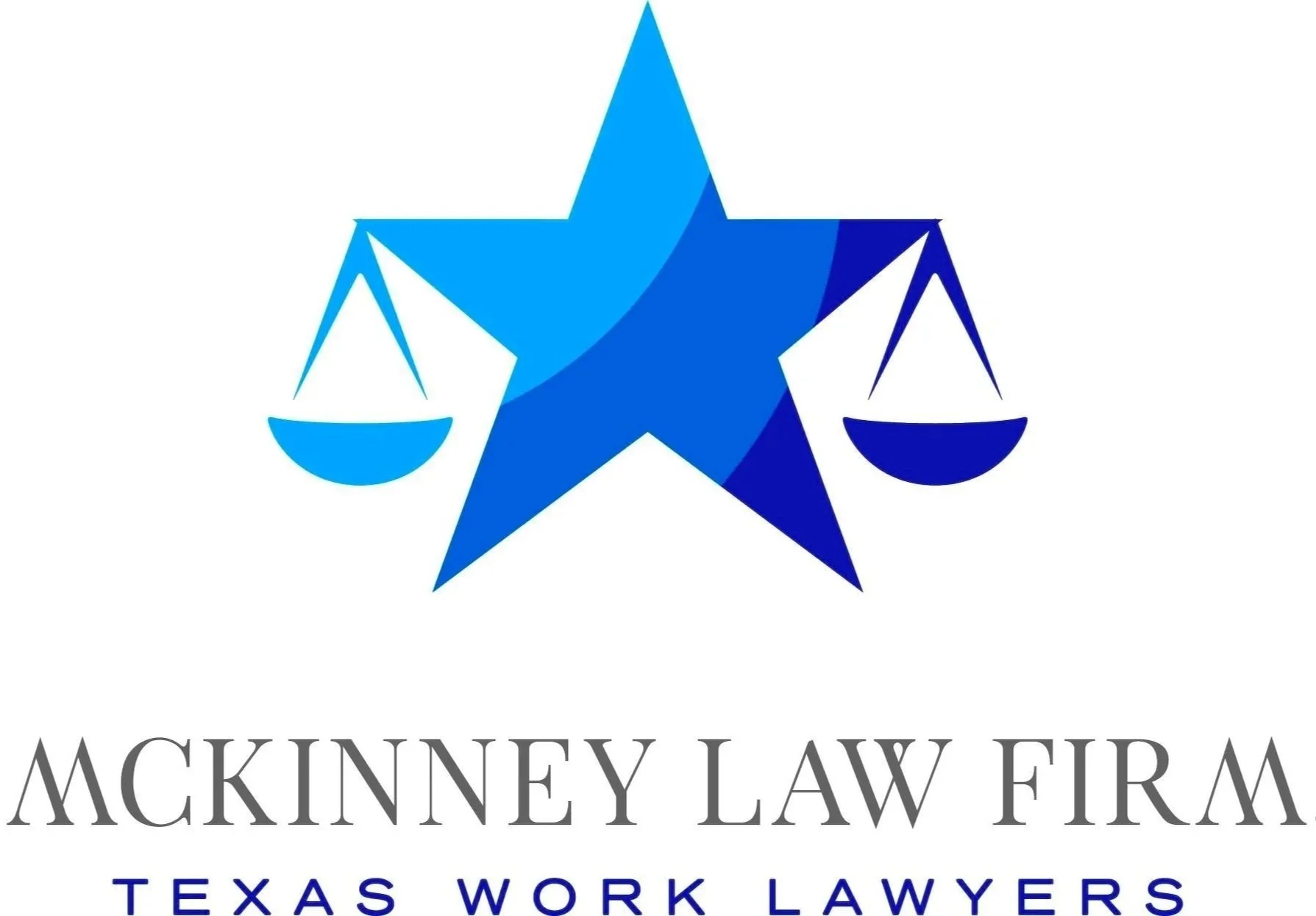Four Years and Counting: Court Revives Religious Discrimination Suit Against Dave Ramsey’s Company
/After four years of procedural twists, motions to dismiss, and reconsiderations, a former employee of Dave Ramsey’s company, The Lampo Group (also known as Ramsey Solutions), will finally have her day in court. Caitlin O’Connor’s religious discrimination claims—once dismissed—have been revived by a federal judge in Tennessee. Her story illustrates not only the complexity of religious accommodation claims under Title VII, but also how protracted and grueling these cases can be for employees and their attorneys.
The Claims: Religious Discrimination Based on Nonconformity
Caitlin O’Connor was a long-serving administrative assistant at Ramsey Solutions, a for-profit financial education firm that brands itself as operating under “Judeo-Christian values.” In June 2020, she informed her employer that she was 12 weeks pregnant. The issue: she was not married, and her pregnancy allegedly ran afoul of the company’s unwritten religious expectations, particularly its so-called “righteous living” policy.
Shortly thereafter, O’Connor was terminated. According to her complaint, the stated reason was her violation of the company’s conduct rules—rules rooted in traditional Judeo-Christian teachings. O’Connor, however, asserted that the company was imposing its specific religious beliefs on her, and punishing her for not conforming to them.
She sued under multiple statutes, including Title VII of the Civil Rights Act and the Tennessee Human Rights Act (THRA), arguing she had been fired because her own sincerely held Christian beliefs—more compassionate and less punitive in nature—did not align with the company’s.
Procedural History: A Legal Rollercoaster
This lawsuit was filed in 2020 in the U.S. District Court for the Middle District of Tennessee. But O’Connor’s religious discrimination claim (Count V of her Third Amended Complaint) faced early setbacks. In 2021, Judge Eli Richardson granted the defendant’s partial motion to dismiss that claim, finding O’Connor had not plausibly alleged that she was fired because of her own religious beliefs, as opposed to violating a behavior-based company policy.
O’Connor sought reconsideration multiple times. Initially, those motions were denied. But in August 2024, a new decision by the U.S. Court of Appeals for the Sixth Circuit in a related case—Amos v. Lampo Group, LLC—shifted the legal landscape.
In Amos, the Sixth Circuit held that Title VII protects employees not only from discrimination based on their own religious beliefs, but also from being penalized for failing to adopt the employer’s religious beliefs. This ruling undercut the reasoning used to dismiss O’Connor’s claims.
Armed with this new precedent, O’Connor successfully renewed her motion for reconsideration. On June 12, 2025, Judge Richardson reversed his earlier ruling and reinstated her religious discrimination claim, finding that the complaint, read in the light most favorable to the plaintiff, plausibly alleged that she was terminated for religious nonconformity.
What the Court Said: A Close Call
In reinstating the claim, the court acknowledged the “confusion” in the way the complaint was drafted, but ultimately concluded that it stated a valid cause of action under Title VII. The key was that O’Connor had alleged she was punished for not adhering to religious standards promoted by her employer—not for any neutral behavioral policy.
Judge Richardson called it “a close call,” but one that must be resolved in the plaintiff’s favor at the pleading stage.
Still No Trial Date: The Toll of Long Litigation
The lawsuit has now been on file for over four years and has yet to proceed to trial. This delay is not uncommon in employment discrimination litigation, especially when early motions knock out part of the case or when appellate rulings change the governing law midstream.
For employees, this means years of emotional strain and economic uncertainty. For plaintiff’s counsel, it often means thousands of hours of work before the case ever reaches a jury.
This is a stark reminder that employment discrimination lawsuits—particularly those involving religion—are incredibly demanding. They require perseverance, a firm grasp of evolving legal doctrines, and a willingness to challenge entrenched interpretations of Title VII.
Takeaways: Religious Discrimination and Employer-Imposed Beliefs
O’Connor’s case underscores a growing recognition among courts that Title VII protects employees not just from hostile beliefs, but from forced conformity. An employer cannot fire someone simply because she does not live according to the employer’s religious doctrine—even if that doctrine is woven into company policy.
The ruling also illustrates the importance of judicial reconsideration when new legal precedent arises. Without Amos, this case would have likely remained dismissed.
Summing It Up
Caitlin O’Connor’s lawsuit against Ramsey Solutions serves as a powerful case study in both the protections Title VII offers—and the hurdles plaintiffs face in enforcing those protections. More than four years after she filed suit, O’Connor will finally have the opportunity to present her case to a jury. For now, it’s a reminder to both employees and lawyers: these cases are winnable, but not without extraordinary effort and patience.
Read More:








